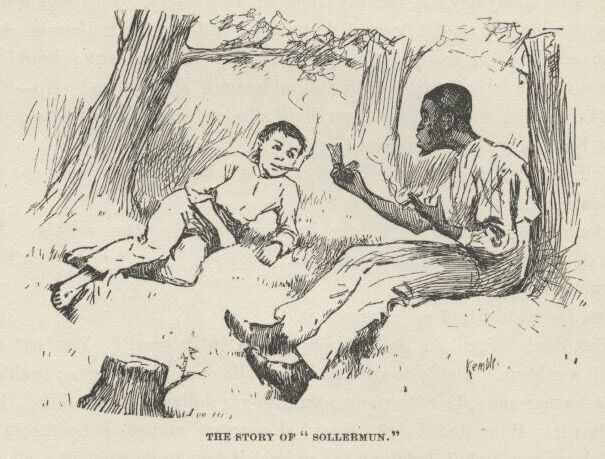
I am not a fan of the word "nigger"*. I do not feel particularly comfortable when people say it, especially those of a *ahem* Caucasian persuasion. The word carries so many negative cultural implications that I cringe each time I hear it. Despite my discomfort with the word 'nigger', I understand that it is just a word, not unlike any other word. It is part of American history so I have to deal with it and its negative connotation. If I chose to completely negate the word "nigger" from consciousness, I would negate a very important part of my history. I value my history- the good and the bad- and I would never want any part of it to be forgotten or ignored.
When I heard about the removal of the words "nigger" and "injun" from Mark Twain's The Adventures of Huckleberry Finn, I was a bit surprised. In an attempt to be politically correct, these words will be replaced with the term 'slave' in all future editions of Twain's novel.
Although it is important to be sensitive to difference, Twain wrote Huckleberry Finn the way he wanted it written and no one, save Twain himself, has the right to alter the words within it. From a writer's perspective, changing another's written masterpiece is extremely insulting. It doesn't matter if you are a 'scholar' of that author's work; no one has the right to change the written words of another without their permission.
In addition, it is NOT ok to change American history in the name of 'Political Correctness'. While Huckleberry Finn may not be a legitimate lesson in American History, it is a partially accurate glimpse into our past. American slavery was not a 'politically correct' time period and it should never be depicted as such. The terms 'nigger' and 'injun' in Huckleberry Finn remind us of the insensitive culture of the Antebellum South. At that time, black people were "niggers' and the indigenous peoples of this land were 'injuns'. It is not up to us, present day readers and scholars, to change the language of our past simply because it does not fit our social standards.

Altering the words used in Huckleberry Finn is not merely an act of sensitivity in our 'post-racial' society; it is a dangerous attempt at changing American history. We learn about our past from historical fiction narratives like Huckleberry Finn. Twain's novel paints a very vivid picture of the Antebellum South and American Slavery. If we soften the language used in his book, we begin to soften the severity of slavery. This may seem like a 'good' thing to do, but who benefits from this 'softening' of American History? The 'injuns' and the 'niggers'? I don't think so.
Modifying our history is dangerous and will cause future generations to have a false reality of their future. You don't know where you are going unless you know where you've been, so what does changes to the perception of our history say about where our society is going?
Only time will tell…
Mz.Jonezy







2 comments
Were I to agree with the amendement, is slave an applicable replacement for nigger? That in itself shows the ever pressing ignorance that ran rampid at the time of the print of the novel up until now. While words are oscillating vibrations of speech, they convey a meaning and the combination makes a point, and how could we deprive Twain of the picture he wanted to paint with his words? If all works are altered after an authors death, would not that not alter the interpretation of the author? This amendment on a widescale could erase/alter history as we know it, not to say that it has not already been done (I.e. translation).
so true! The words Twain used were the descriptors for his story. Who are we to change his story? The future is not looking good. And NO I do not think that slave is a applicable replacement for nigger OR injun (especially injun). But this is what they do, they make us learn what they want us to learn, whether its the truth or not.
Post a Comment